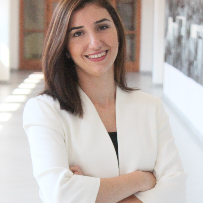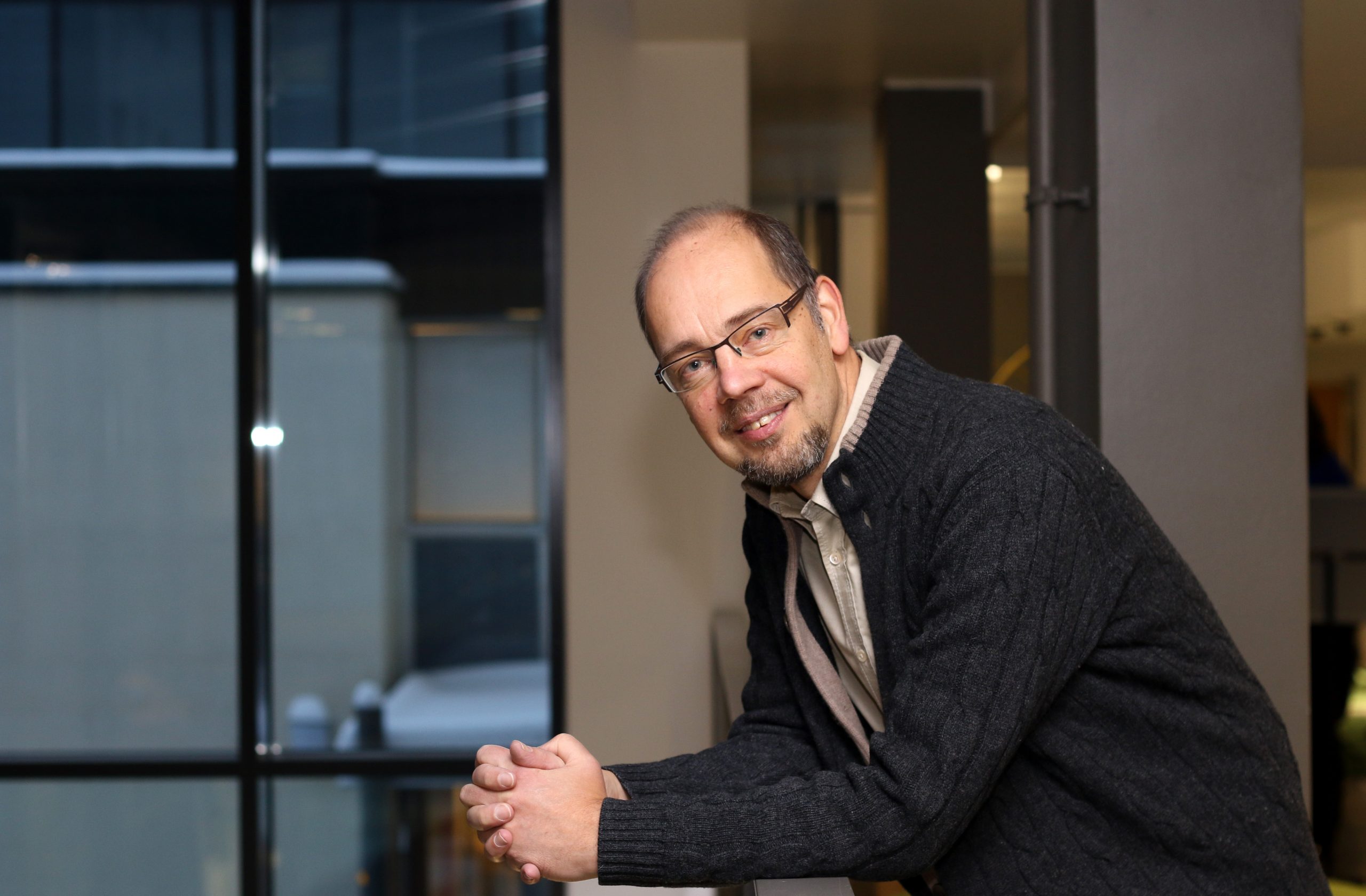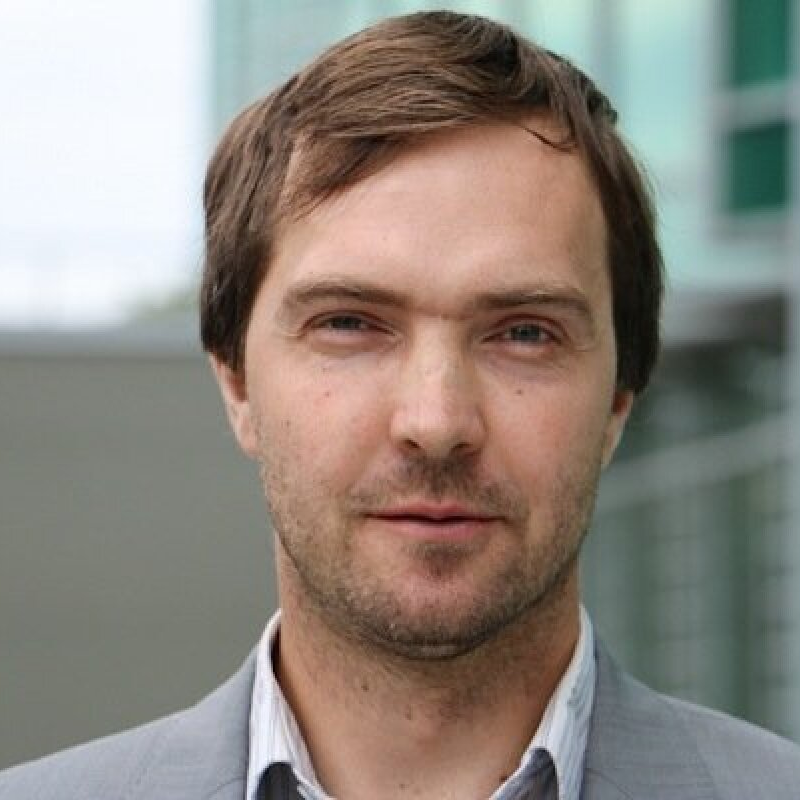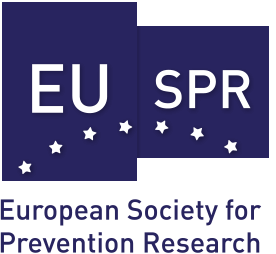| Keynote speaker | Presentation title | Biography |
|---|---|---|
 | Generating evidence to inform policy and practice - how hard can it be? | Triin Edovald (PhD in Evidence-Based Intervention) has about 20 years of experience in generating and summarising high-quality evidence and promoting its better use in the design and delivery of public services. Her former roles include the Director of Evidence and Experimentation at UK innovation agency Nesta and the Head of Evaluation at the Education Endowment Foundation, one of the leading organisations of the What Works movement. She is passionate about supporting outcomes for children through impactful research that is rigorous, ethical, participatory and transparent. She has extensive experience in developing guidance for designing, running and reporting of randomised controlled trials. Triin is committed to improving the quality of evidence and transparency of research, so that policy and practice are informed by the best possible evidence. |
 | Margit Sutrop is a Professor of Practical Philosophy and the founding Director of the interdisciplinary Centre for Ethics at Tartu University. She is the leading ethicist in Estonia and besides scholarly articles regularly comments on the ethical issues in media. Since January 2021 she is a Member of the Estonian Parliament (Reformparty) and in the Parliament she belongs to the committee of social affairs. She has studied journalism, philosophy and literary theory in the universities of Tartu, Oxford, Oslo and Konstanz. She received her PhD from the University of Konstanz in Germany in 1997. She is an elected member of Academia Europaea (London), independent ethics expert of the European Commission. She is also a member of the international advisory board of the University of Konstanz and of the International Centre for Ethics in the Sciences and Humanities at the University of Tübingen. Over 15 years she was a Member of the Clinical Ethics Committee at Tartu University Hospital. Now she is actively involved in the work of the Ethics Council at the North Estonia Medical Centre. In Spring 2020 she led a working group which compiled the Guidelines for the Estonian Hospitals on how to distribute scarce resources during the Covid-19 pandemic. Her research interests are bioethics, ethics of new technologies, ethics in education, normative ethics and aesthetics. She has published more than 100 articles on values education, moral disagreements, ethics codes, trust in science, ethical issues of genetic databases and pharmacogenetics, biometric technologies, and AI ethics. She has held over 50 national and international grants from the European Commission, as well as from UNESCO, Volkswagen Stiftung, European Economic Area, NorFa, Nordic Spaces, Estonian Ministry of Education and Research, and Estonian Research Council. Since 2009 she is also leading the state programme “Values Development in the Estonian Society”. |
|
 | Ethical and practical considerations in effectiveness research: New challenges and efforts | Yasemin Kisbu is a faculty member and the director of Independent Evaluation Laboratory at Koç University in Istanbul Turkey. She completed her post-doc in causal inference methods at Northwestern University Institute for Policy Research and PhD in Quantitative Psychology at Arizona State University. She has more than ten years of experience in implementing randomized controlled trials and quasi-experimental evaluations, models to maximize intervention effectiveness, and transportability and adaptability studies to bring evidence-based programs to countries different from where they originated. She currently serves as the lead evaluation advisor for the experimental evaluations of digital interventions at UNICEF Eastern Europe and Central Asia Regional Office and the associate editor of Advances in Methods and Practices in Psychological Science, the methodology journal of Association for Psychological Science. She can be contacted at www.evalresearchlab.com. |
 | Cost-effectiveness of prevention in mental health – towards cross-sectoral impact assessment | Research Professor Kristian Wahlbeck is a psychiatrist and psychotherapist with more than twenty years’ experience of policy development, monitoring and evaluation at the governmental Finnish Institute for Health and Welfare (THL) and the national NGO for mental health MIELI Mental Health Finland. He has contributed to several national clinical Current Care guidelines in the field of mental health. He has also led several European research and development projects in the field of public mental health and promotion of mental health. He has published more than 140 original papers and has an h-index of 67. |
 | Climate change and health – The role of prevention | Hans Orru is a Professor of Environmental Health at the University of Tartu and a Visiting Fellow at Umeå University. His main research area is the health impact of the external environment. Within his research, he has focused on air quality and climate change, but more recently also on the industrially contaminated areas, indoor air pollution and the health impact of noise. Over the past 15 years of investigations, he has been involved in more than 30 research or development projects which have had a significant effect in raising public awareness about the health effects of the environment. Prof Orru has published more than 90 original scientific articles and he is contributing author of the IPCC WGII Sixth Assessment Report. |
